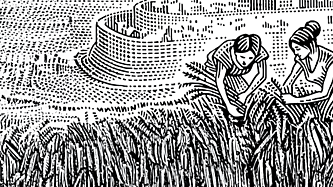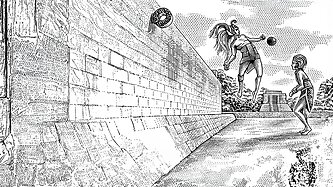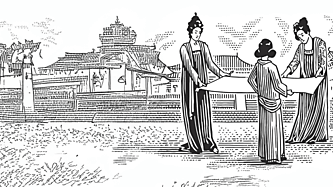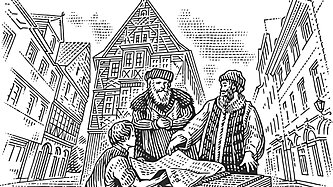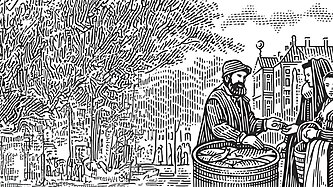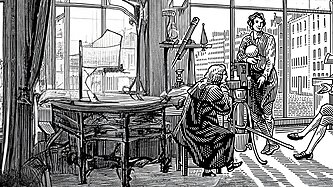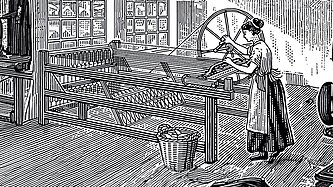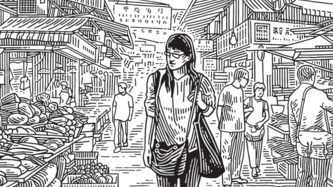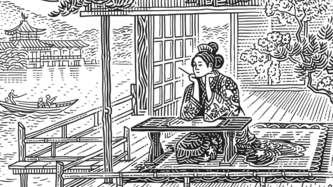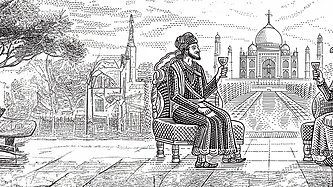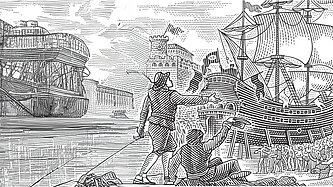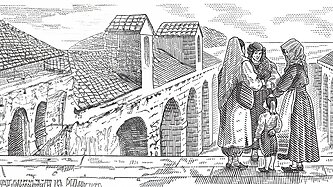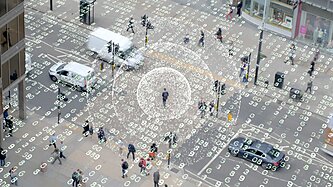module
Centers of Progress
This module explores the locations that have served as hubs for human progress and innovation throughout world history. Students will delve into the stories of significant cities and regions, examining their contributions in fields such as science, technology, arts, and governance, fostering a deep appreciation for the interconnectedness of societies and the impact of key cultural and intellectual centers.
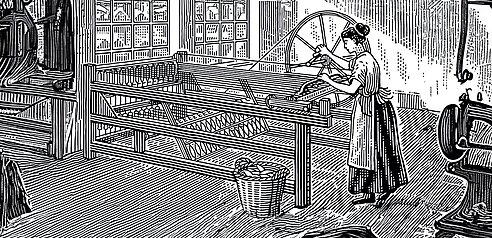
Lessons
Lesson
Centers of Progress, Pt. 1: Jericho
This article explores why our ancestors abandoned a nomadic lifestyle, opting instead for farming communities around 10,000 years ago. It delves into Jericho’s history, potentially the birthplace of agriculture and the world’s oldest city.
Lesson
Centers of Progress, Pt. 6: Chichen Itza
In this lesson, you will learn about Chichen Itza—a sprawling ruined city in the Yucatán Peninsula in modern Mexico—and the oldest continuously played ball sport in the world variously called Pok‐A‐Tok, Ulama, or simply, the Ball Game.
Lesson
Centers of Progress, Pt. 10: Chang’an
In this lesson, you’ll learn how the Silk Road greatly expanded the international flow of goods and ideas and how Chang’an both benefited from and contributed to that exchange.
Lesson
Centers of Progress, Pt. 15: Mainz
In this lesson, students will learn about the city of Mainz, Germany and the man responsible for Europe’s rapid adoption of the printing press, Johannes Gutenberg.
Lesson
Centers of Progress, Pt. 16: Amsterdam
In this lesson, you’ll learn about how a unique set of cultural values that emphasized openness and tolerance helped lead Amsterdam to the pinnacle of European commercial success during the Dutch Golden Age
Lesson
Centers of Progress, Pt. 18: Edinburgh
In this article, Chelsea Follett describes why the small university city of Edinburgh, Scotland, was such an important intellectual center in the Enlightenment.
Lesson
Centers of Progress, Pt. 22: Manchester
In this lesson, you’ll learn about the city of Manchester, England, the first center of textile production in Great Britain as well as how industrialization there helped spark a revolution in living standards over the past 200 years.
Lesson
Centers of Progress, Part 27: Hong Kong
In this article, Chelsea Follett explores the principles of economic freedom through the words of Sir John James Cowperthwaite, the British financial secretary who championed a hands‐off approach. Students will learn how limited government intervention helped turn Hong Kong from a poor colony into a global economic powerhouse.
Lesson
Centers of Progress, Part 30: Tokyo
This lesson explores Tokyo’s post‐WWII transformation into a global technology hub, emphasizing resilience, economic freedom, and innovation. Students will examine cultural concepts like gaman, discuss U.S. military strategy, and research another major world city.
Lesson
Centers of Progress, Part 34: Kyoto
This lesson explores Kyoto’s rise as Japan’s cultural capital during the Heian period, highlighting its contributions to poetry, prose, and visual arts. Students will examine the aristocratic court’s influence on artistic expression, including the creation of The Tale of Genji, the world’s first novel.
Lesson
Centers of Progress, Pt. 35: Agra
In this lesson, students will explore the Mughal Empire and its rulers through monumental architecture. They will research “new wonders of the world” and reflect on their views about memorials in modern society.
Lesson
Centers of Progress, Pt. 36: Seville
Today we know Seville as the sunny capital of the region of Andalusia, but during the century following the Iberian conquest of America, Seville was one of the most important cities in Europe.
Lesson
Centers of Progress, Pt. 37: Dubrovnik
Dubrovnik is a beautiful walled city on the Dalmatian coast of Croatia, once home to one of the freest and most cosmopolitan societies in Europe and one of the first societies to implement comprehensive public health measures to contain disease.
Lesson
Centers of Progress, Pt. 39: Houston
Rocket launches and space missions have become routine in the 21st century. Private space companies now send up several rockets to space per week. Learn more about space missions in this lesson.
Lesson
Your Life in Numbers
In this lesson, you’ll learn how these measures have changed during your lifetime and compare your results with people in other countries.
Lesson
Your Life in Numbers: Student Work Document
Interpret interactive, data‐driven tools, and compare and contrast international results to make inferences and draw conclusions about changes and improvements over time in the quality of life: locally, regionally, and globally, and more.
